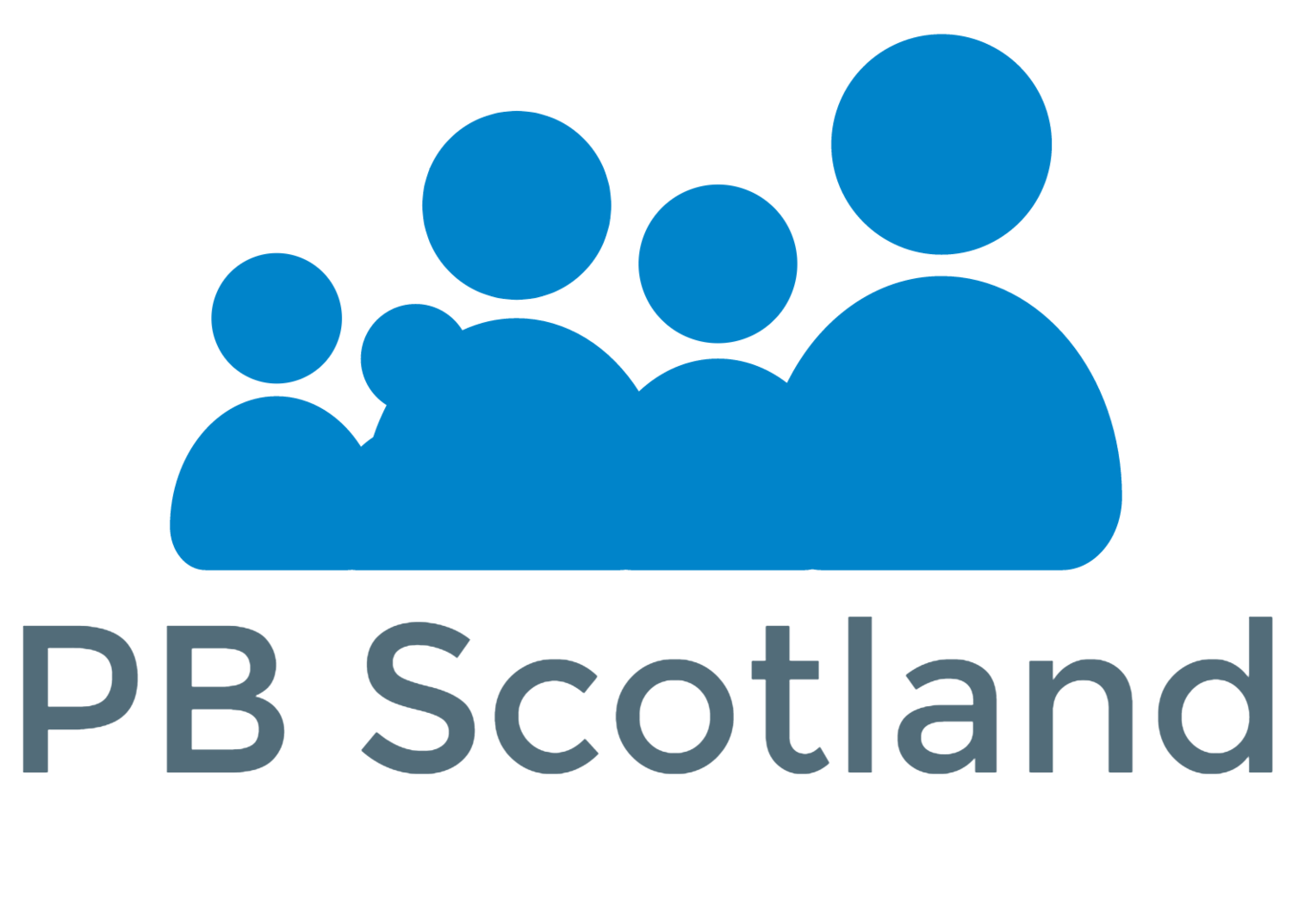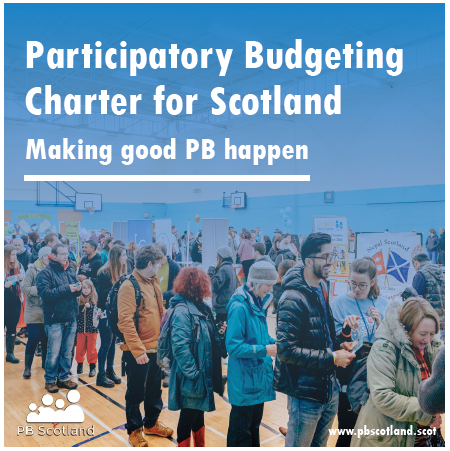Co-Production and Participatory Budgeting
/SCN Learning Event, Thursday, 20th July 2017, Edinburgh
This learning event explored the relationship between co-production, participatory budgeting and commissioning processes through real examples about what works in co-producing budgets.
Co-production is about involving people in the design and delivery of public services, helping to change their relationship with services to be more equal. Recently, we have seen a surge of activity in Scotland where communities are working together to decide how to allocate funding to community activity through participatory budgeting (PB). But how can we capitalise on this? How can we ensure that where communities are taking control of local budgets they are engaging in meaningful processes? How do we support a shift in power that enables them to continue to influence change in their communities?
At our most recent learning event, we heard from organisations which have been involved in developing participatory budgeting processes in their local communities. Participants had the opportunity for discussion with other network members to draw the learning from these examples and think about these questions.
Kenny Harrow, Community Learning and Development Worker, Scottish Borders Council, presented on behalf of the Burnfoot Community Futures group, members of which also contributed via pre-recorded video. Kenny shared the story of how the group, which aims to improve the well-being, quality of life and opportunities of the people of Burnfoot, had led and facilitated the distribution of a £30,000 grant from the Community Choices fund through a participatory budgeting process. The group had also secured a further £4,500 from the Healthy Living Network for proposals which had a health and well-being focus.
The group described their PB process, in which they ran an information evening, circulated information on bids to the local community, and ran a highly successful voting event/community fun day. A key area of learning for the group (which comprised 9 community members) was around the benefit of working in a small and committed group, ensuring that the process was community-led. The group reflected that throughout the process they took part to different degrees depending on their capacity and were able to work around different commitments and availability of individuals.
Overall participants evaluated the event as ‘excellent’ in relation to the relevance to their work, the quality of the inputs and organisation.
"The discussions were really helpful to tease out some of the challenges and opportunities in co-production projects. Good examples given. Good presentations and time for questions"
"Being new to my role, getting examples from both speakers and in group discussion allowed me to put PB in context and gain a better understanding of how it works in practice"
In terms of learning from the day, participants told us they’d take away learning about:
The additional benefits of PB that are not just about funding projects i.e. networking and capacity building
How important process is – to consider what you want to do, why it will help inform which process
PB is a bigger process including wider CLD support/approaches
For more information about co-production and participatory budgeting see:
100 Stories of Co-production – watch the first story here and find out more here.






